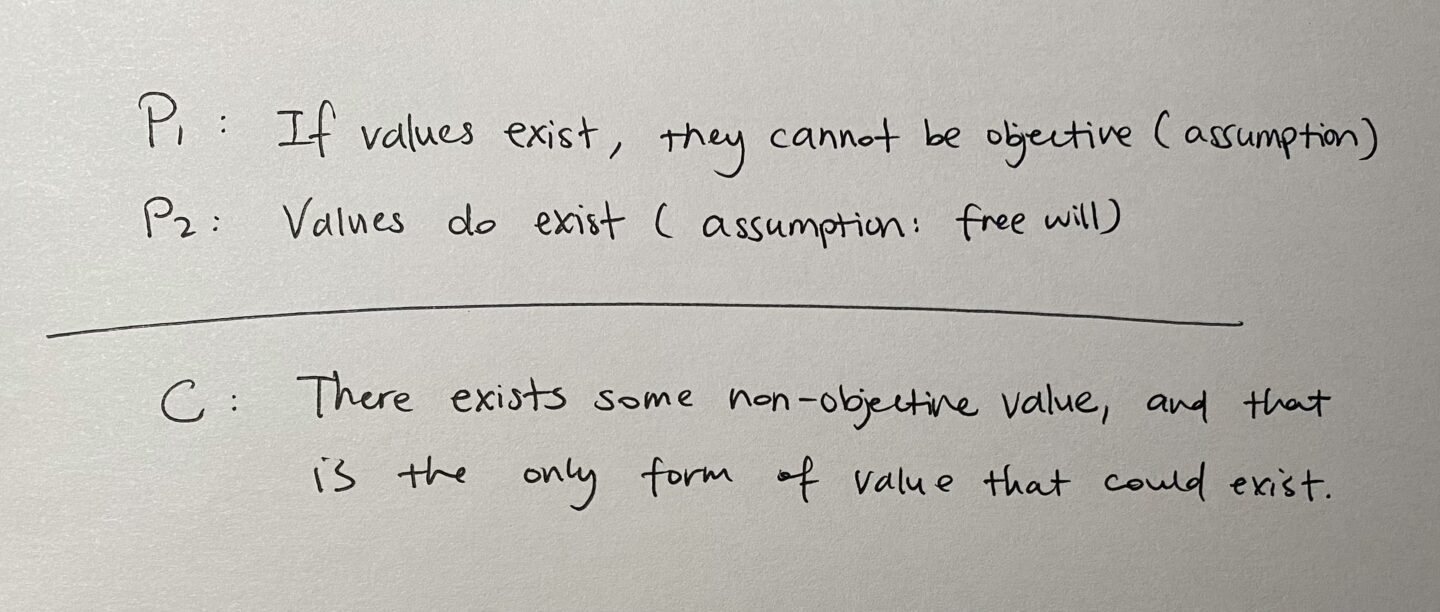The pursuit of power in Silicon Valley’s Valueless Society
Challenge to self: write a coherent critique under 1000 words.
A year ago, I moved to San Francisco and began my first dabble into tech with the intention of being an observer. Countless dinners, networking events, hikes, parties, friends’ fundraising rounds, and so on later, here’s roughly what I think about Silicon Valley’s culture.
- The song and dance
Walk into a tech venue and see if someone asks,
“Working on anything new?”
“What are you building?”
“What’s your side hustle?”
It’s as if the long-winded pitches or embarrassed smiles that would ensue don’t matter. Under the vulturous eyes in the circle of conversation, the only answer worth prying for is: Are you a startup founder? Is it something I could profit from?
From the perspective of an outsider, it was curious how people have built entire identities and communities around “founders and funders.” Over what principles? Driven by what values? Over time, in every Saturday café chatter that turns into a pitch, in every LinkedIn tagline that reads “building something new,” in every AI announcement promising to expand human capabilities, in every panel on fundraising assuming you walk in already wanting to start a company, a clear pattern emerges: a society whose ethos revolves around building, hustling, and innovating.
And the commonalities among these ethos?
They are verbs without an object; they are actions without content; they are in every way obsessed with doing and careless about the value of things being done. The object following the verb could almost be anything — a CRM, a research hospital, or a bomb, it doesn’t matter — and it’d inspire the same awe and admiration because hey, action is the imperative. When actions are mistaken as values, as the objective function over which to maximize, they produce people who read The Mom Test and then go about in customer interviews looking for problems to solve so that they find something that fulfills their imperative to act, not knowing if they care about any important issues of the world (hint: there are many).
Let me repeat:
Building is not a value.
Hustling is not a value.
Innovating is not a value.
They are verbs.
2. What is a value?
I don’t know.
As a moral nihilist (in that I don’t believe in objective rights and wrongs), I’m potentially ill-equipped to answer the question of value. But we can examine what could be a value and what could not.
I define value as reasons to act — motivations that drive our decisions as beings blessed and cursed with agency which compels us to choose, whether we agreed to be given that choice or not. If you believe this definition of value or some version of it, it’s easy to see why verbs cannot be values; it would read as: I act because I act.
If values exist, they also cannot be objective (that there aren’t objective ethical imperatives is an idea I cannot begin to unpack in 1000 words, so we have to treat it as an assumption — challenge it if you disagree). If you still believe that reasons to act exist, there must exist some non-objective, and let’s call that subjective, values.

Subjective values are for the individuals to interrogate, to define, and to examine. In the Sartrean way: “You are free, therefore choose—that is to say, invent.” As he said to the young philosophy student confused about the values that would guide him in a moral quandary. On a greater scale, when individuals come together to form society, they also collectively define societal values and cultures.
The problem with Silicon Valley’s culture misconstruing building, hustling, and innovating as values is not that those activities are harmful; but rather, they are red herrings that take away people’s cognitive bandwidth from real values. The obsessions with actions and expanding human capabilities are so dazzling that they distract people from examining the purpose behind those actions and capabilities.
And hence, a society without values.
3. Most people don’t even believe in Silicon Valley’s rap
Most people don’t even believe in things they claim to hold as values anyway. Smart people are particularly talented at convincing themselves of things they don’t believe in. People claim to care about building. About pushing human boundaries. But how much of these desires are created by an apparent cultural imperative to do so, in other words, groupthink? How many “mission-driven companies” tell a story to check a box? How many cite ostensible motivations to hide their pursuits of money and power? The golden test: how many scrappy, hustling, and anti-status quo founders would still be doing what they’re doing if someone writes them a $10 million check as a gift with no strings attached? Not that many, unfortunately. Most would be rolling to the Bahamas, the rest to Hawaii.
So where does that leave innovating, founding, and “building something new”? At worst, they are legitimized and lionized excuses for groupthink or the pursuit of power. At best, for the true believers, they are red herrings that take away the attention of some very smart and talented people to consider their values and thus act in a meaningful way.
4. The imperative
To inquire, to interrogate, to think independently about what value is. To have other people challenge our beliefs. To push ourselves to access more spectrums of human experiences — geography, class, culture, and so on — that stress test our assumptions about what matters and what doesn’t. To introspect how much of our motivation is intrinsically-driven, and how much is created by social discourse (and read more Foucault!)
When I was first confronted with these ideas, I felt a potent desire to leave the Bay. That desire faded, or at least became less urgent, when I recognized that I don’t have to buy into a culture in order to live in a place. In fact, I could be an active force to shape the discourse, at least for people around me. If anything, the capabilities ushered in by technology could be multipliers and conduits of expressing ideology for those who act with conviction. This is what I hope to impart through this writing. Feel free to tear it down.
— 2023.10.1 in Pacific Heights




